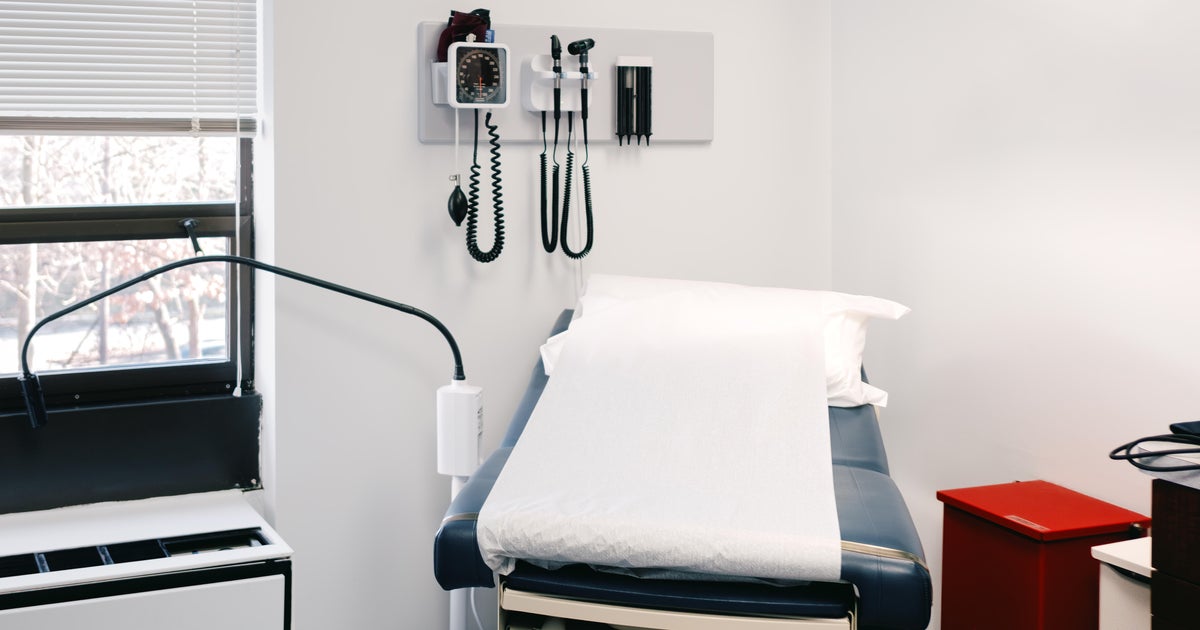The dangerous disconnect about a key retirement task
It's not uncommon for people to believe one thing but act in a manner that doesn't reflect that belief at all. That kind of disconnect is surely at play when it comes to Americans' belief in the need for long-term health care but their lack of planning to provide for those needs.
A recent survey of Americans age 40 and older conducted by the Associated Press-NORC Center for Public Affairs Research found that two-thirds of those surveyed feel the country isn't prepared for the rapid growth of an aging population, and an equal number expect they'll need help as they age.
Government statistics confirm this expectation: 70 percent of people age 65 and older will need at least some form of long-term care and 50 percent will need extensive services. Yet 67 percent of survey respondents say they've completed little or no planning for their own long-term care needs.
Many baby boomers are experiencing a wake-up call regarding long-term care as they see their parents decline in their final years and need substantial -- and expensive -- care. The AP/NORC study indicates that boomers are becoming aware of the seriousness of long-term care but still don't have realistic expectations about the potential costs or who'll provide such care.
Let's first make an important distinction and dispel a critical misconception: Long-term care shouldn't be confused with medical care.
- Medical care consists of interventions by qualified health professionals or medical institutions to help patients recover from illnesses or injuries. Health insurance and Medicare pay for a large portion of the costs of medical care.
- Long-term care helps frail and disabled people when they're unable to independently carry out common activities of daily living, such as cooking, bathing or remembering to take medicine. Most health insurance policies and Medicare do not pay for long-term care, except in very limited situations.
Confusion about paying for long-term care
Americans are mistaken about how they might pay for long-term care. More than half (57 percent) of Americans age 40 and older expect to rely on Medicare to pay for long-term care even though it doesn't normally cover it. The exception is when a doctor prescribes that a patient should move directly from a hospital stay to a qualified skilled nursing facility that helps the patient recover from the illness or accident for which they were hospitalized.
Even in this situation, Medicare will pay for the full cost of a skilled nursing facility for only 20 days. It requires a substantial co-pay for the next 80 days, and it pays nothing for stays longer than 100 days.
In many states, Medicaid will pay for long-term care for people with low income and little assets. But it's likely that Medicaid assistance won't be available to retirees whose income and assets exceed the modest thresholds specified by most Medicaid programs.
Here's another misguided belief: More than two-thirds of survey respondents report they'll rely on their family a great deal or quite a bit for support as they age.
Unfortunately, this overlooks the high costs that family members and informal caregivers incur for providing care, including lost income and increased stress. Plus, they're unprepared for this role. When families and informal networks of friends fall short, paid long-term care services will be required to fill the gap.
What are typical long-term care costs, and who should pay?
Paid services include home health care aides, assisted-living communities and nursing homes. Unfortunately, about three-fourths of surveyed Americans have misconceptions about the cost of such care:
- Only about a quarter of survey respondents could correctly estimate the national average monthly cost of a nursing home, which is $6,000 to $8,000.
- Only one-fourth could correctly estimate the monthly cost of an assisted-living facility, which is $3,000 to $4,000.
- Just 29 percent could correctly estimate the average monthly cost of hiring a part-time home health care aide, which is $1,000 to $2,000.
More than half think that ideally, somebody else should be responsible for paying for long-term care: 56 percent think Medicare should pay these costs, while 52 percent think health insurance companies should pay. Only 44 percent said it should be the responsibility of individuals, while 42 percent said Medicaid should pay.
Given the current political environment and financial strain on Medicare, it's highly unlikely that Medicare will be expanded to cover long-term care expenses. And if the potential cutbacks to Medicaid funding under Republican health insurance proposals are approved, it's also unlikely that Medicaid will be expanded to cover middle-income citizens.
The unfortunate reality is, the vast majority of older Americans and their families will need to plan for and pay the costs of long-term care. While this may be much easier said than done, it's nevertheless a crucial retirement planning task that you shouldn't ignore.



